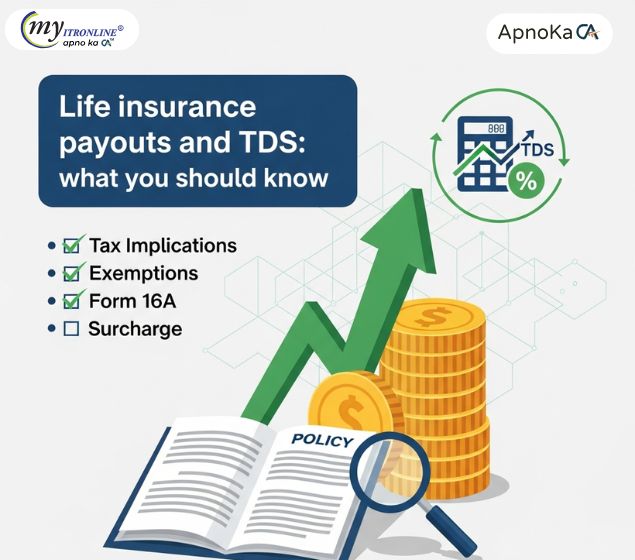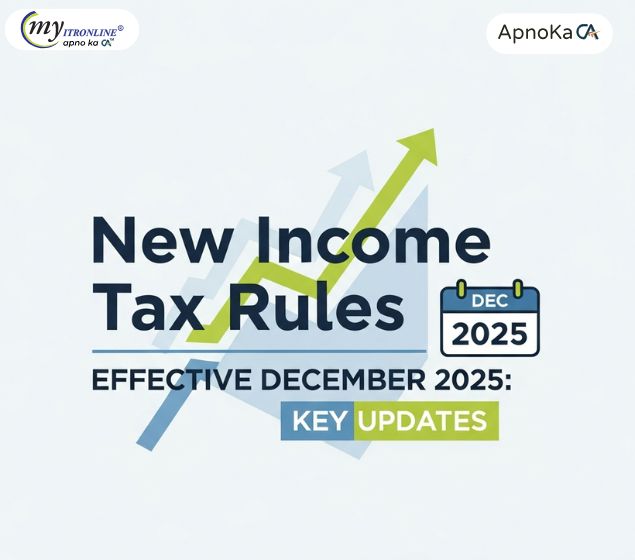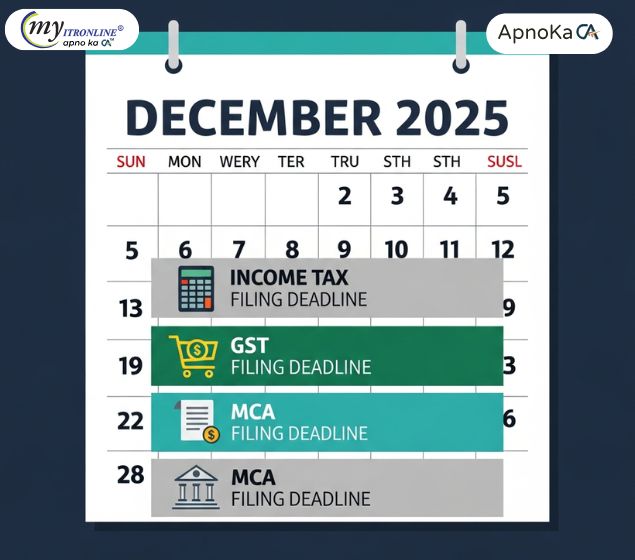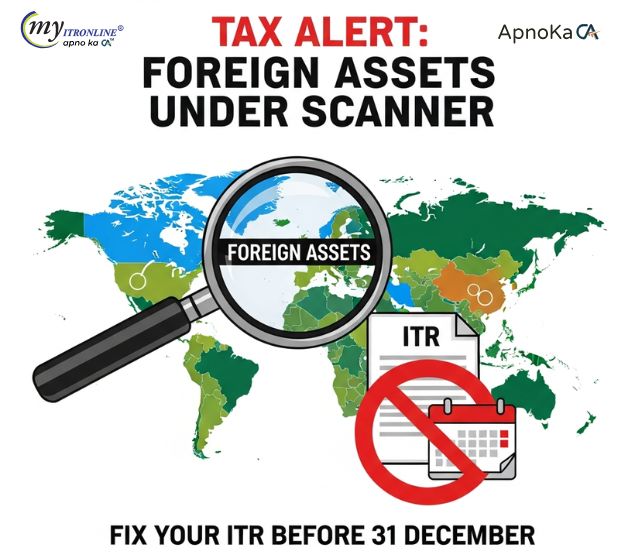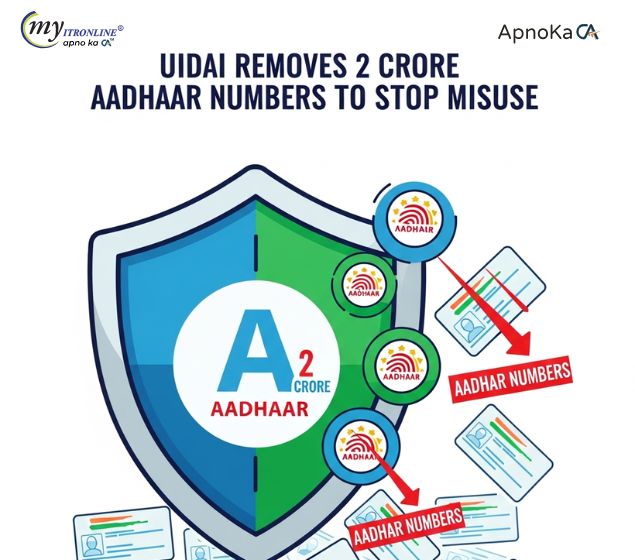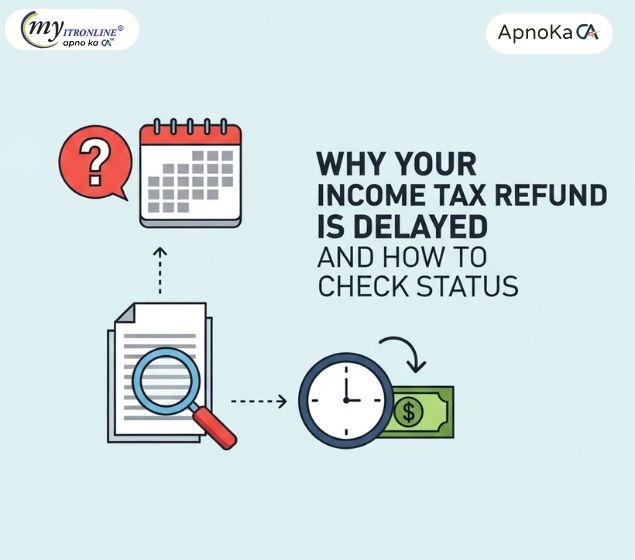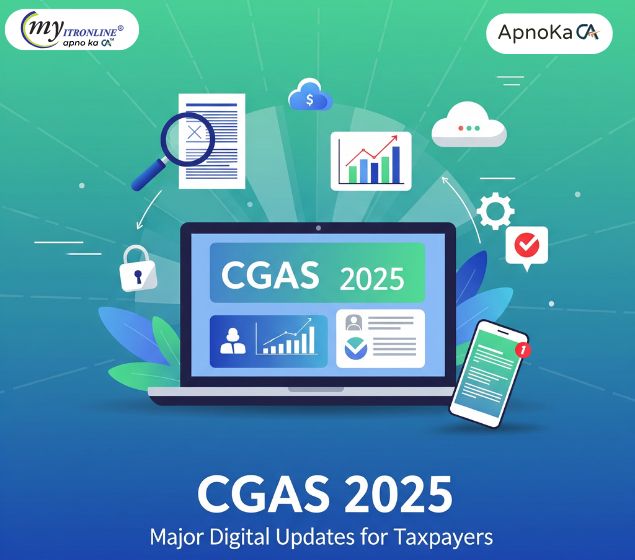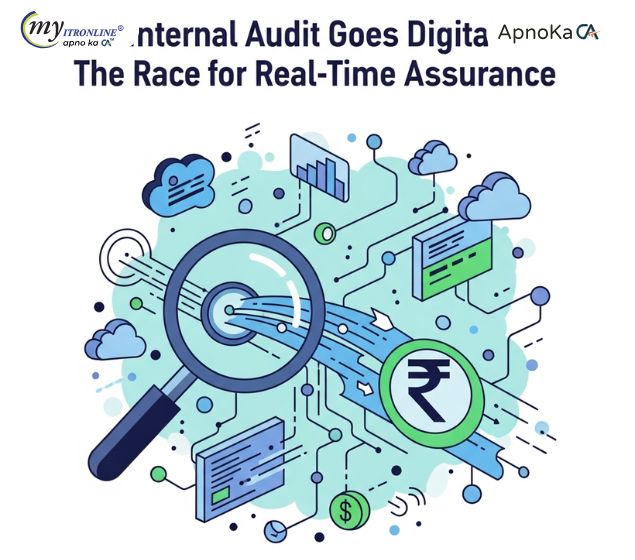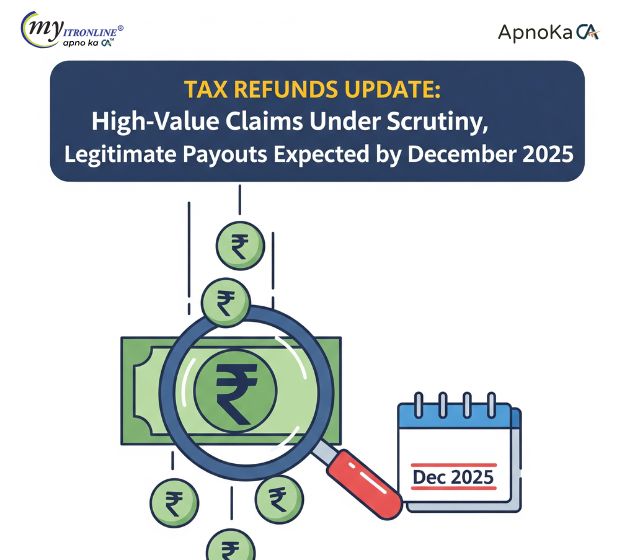TDS Reforms and 182-Day Rule Simplifications: What Budget 2025 Holds
Budget 2025 is expected to include major improvements, including streamlining TDS on property transactions and modifying the 182-day criterion for defining residence. This blog digs into the existing issues that NRIs experience, suggested remedies, and the projected advantages of these reforms, which seek to make tax compliance easier and more transparent.
.jpg )
With Budget 2025 approaching, taxpayers, particularly Non-Resident Indians (NRIs), are looking forward to significant revisions that will simplify India's tax structure. One of the primary areas of focus is the Tax Deducted at Source (TDS) on residential property transactions, as well as revisions to the 182-day norm used to assess residential status under Indian tax law.
TDS on Property Transactions
Under present legislation, TDS is critical in guaranteeing tax compliance in real estate transactions. Buyers are required to deduct TDS from payments to sellers, with the rate varied depending on the seller's residential status.
- On Indian residents, TDS is usually deducted at 1% on assets worth ₹50 lakh or higher under Section 194-IA.
- TDS for NRIs under Section 195 can range from 20% to 30% (or higher, depending on the appropriate surcharge and cess) on capital gains.
For NRIs, determining the correct capital gains amount and obtaining a Lower TDS Certificate from the Income Tax Department can be time-consuming. This practice not only causes delays in transactions, but it also adds major regulatory burdens for both buyers and sellers.
What to Expect in the Budget 2025
NRIs and stakeholders in the real estate market expect that the government would establish steps to:
- Simplify or automate the process of acquiring lower TDS certificates.
- Uniformity in TDS rates to avoid confusion, apply similar rates across categories.
- Technology-based solutions to automatically compute TDS based on property valuation and seller information.
Understanding the 182-Day Rule
The 182-day rule is crucial in deciding whether a person is a resident or a non-resident Indian (NRI) for tax purposes.
The current rule is that an individual is deemed a resident if they spend at least 182 days in India during a fiscal year. Otherwise, they are categorized as NRIs.
- Taxation impact: Residents are subject to worldwide income tax.
- NRIs pay tax only on income earned or accrued in India.
However, the strict enforcement of this law usually presents difficulties for NRIs, particularly those who travel frequently or stay in India for business reasons.
Proposed Simplifications
- Flexible Residency Criteria: The government may explore lowering the 182-day criterion to accommodate NRIs with strong ties to India but who spend less time in the country.
- Clear Guidelines: Introduce unequivocal standards for circumstances where residency status is unclear.
- Tax Relief: Provide NRIs with exclusions or special provisions for specific income categories such as rental income or short-term capital gains.
Benefits of Simplification
- Increased Transparency: A simple TDS method and residence rules would promote compliance while reducing disputes between taxpayers and authorities.
- Ease of Doing Business: Streamlined processes will make real estate transactions easier for NRIs, increasing confidence in the Indian property market.
- Enhanced Revenue Collection: Simplified procedures frequently result in better adherence to tax regulations, which benefits the government.
Challenges to Address
- Balancing the interests of NRIs and domestic taxpayers.
- Preventing abuse of the eased residency regulations.
- Ensuring that TDS adjustments do not result in revenue loss.
Conclusion
As the government prepares the Budget 2025, the streamlining of TDS on real estate transactions and the 182-day residency limit remain top priorities. By resolving these concerns, the government can assure a fair and efficient tax system that benefits taxpayers while also stimulating growth in the real estate and finance industries.
FILING YOUR INCOME TAX RETURN F.Y 2024-25 (A.Y. 2025-2026) WITH MYITRONLINE
The income tax filing deadline is right around the corner. If you haven’t filed yet, do it today with Myitronline! Avoid last minute rush and file your tax return today on MYITRONLINE in Just 5 mins.(www.myitronline.com)
If you are looking for eCA assistance to file your income tax return/ GST, you can opt for MYITRONLINE eCA assisted plan starting
Upload Salary Individual Form-16
If you have any questions with filing your tax return, please reply to this mail. info@myitronline.com OR call 9971055886,8130309886.
Note-All the aforementioned information in the article is taken from authentic resources and has been published after moderation. Any change in the information other than fact must be believed as a human error. For queries mail us at marketing@myitronline.com
Krishna Gopal Varshney
An editor at apnokacaKrishna Gopal Varshney, Founder & CEO of Myitronline Global Services Private Limited at Delhi. A dedicated and tireless Expert Service Provider for the clients seeking tax filing assistance and all other essential requirements associated with Business/Professional establishment. Connect to us and let us give the Best Support to make you a Success. Visit our website for latest Business News and IT Updates.
Leave a reply
Your email address will not be published. Required fields are marked *Share this article
Krishna Gopal Varshney, Founder & CEO of Myitronline Global Services Private Limited at Delhi. A dedicated and tireless Expert Service Provider for the clients seeking tax filing assistance and all other essential requirements associated with Business/Professional establishment. Connect to us and let us give the Best Support to make you a Success. Visit our website for latest Business News and IT Updates.
View articles









